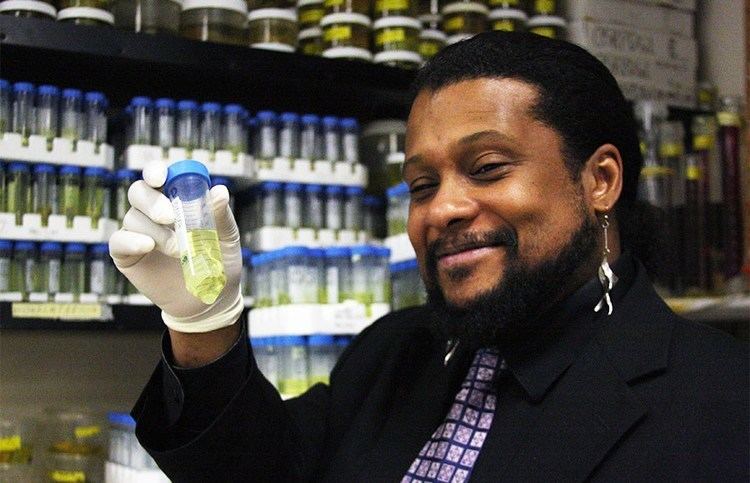Pollinator enemy #1?

Our case
Our bees and pollinators campaign focuses on Health Canada continuing to allow widespread neonicotinoid (neonic) pesticide use despite a lack of evidence they are safe for creatures in the environment. In fact, evidence has been piling up since the 1990s that neonics are harmful to insects not even targeted, birds and more.
Why not ban?
So why doesn’t Canada ban them, like the EU, Fiji and City of Vancouver have, especially in light of recent findings that 40 per cent of insect species worldwide are at risk of extinction? With chemicals from agricultural pollutants among the threats driving population loss, it’s not surprising agricultural chemical corporations have skin in the game, plus billions of dollars to throw around.
Let’s take a look at the corporations
At first, we wanted to make a video conveying the corporate structure behind neonic registration in Canada by interpretive dance, inspired by the way honey bees communicate when they’ve found a particularly nice flower patch.
But we lack the dance moves and sensory structures that honey bees have so we followed the money, made a corporate map on LittleSis, a free database detailing the connections between powerful people and organizations, and wrote this blog instead.
Connecting the dots
Following the money immediately led us to Syngenta Canada and CropLife Canada. They weren’t hard to find because they intervened in our joint court cases challenging the Pest Management Regulatory Agency, which is under Health Canada. In these court cases we challenged the lawfulness of permitting uses of pesticides before knowing if they are safe or not, and then delaying restrictions on a couple of particularly nasty neonics.

Syngenta Canada is the national subsidiary of Syngenta AG, a multi-billion dollar, multinational agricultural chemical and biotechnology business. Think pesticides, herbicides, genetic modification and seed patents.
Syngenta Canada is a member of CropLife Canada, a trade association where Syngenta’s buddies Bayer Crop Science — inventor of neonics, and Cargill — also known as “the worst company in the world” — are also members.
CropLife Canada, in turn, is a member association of CropLife International. These trade associations serve their members’ corporate interests. They churn out an impressive amount of propaganda, too — like that maintaining a lawn with pesticides enables families to breathe! Gee, thanks pesticide companies!!
Lawns provide more than just aesthetic benefits – they also produce valuable oxygen that we all breathe every day. And sometimes lawns need a little help from pesticides to protect against weeds, insects and diseases. https://t.co/GE2ZD4edCE pic.twitter.com/bLcStXialP
— CropLife Canada (@CropLifeCanada) June 22, 2019
But why, Syngenta?
From our perspective, it became clear this big pesticide producer and trade association were intervening in our case to waste time and money. To be clear, they have plenty of money. It’s ours, which is really yours, and our allies’ they seemed to want to deplete. We wanted to know just how much they could outspend us on legal fees so we took a closer look at Syngenta’s finances.
What we found was revelatory. First of all Syngenta AG’s annual revenue in 2019 was US $13.6 billion. Wilderness Committee’s revenues were $2.6 million last year. They make 5,231 times more money than we do.

Second of all this once Switzerland-based publicly-traded company was recently wholly purchased by Chinese government-controlled ChemChina to the tune of US $43 billion. ChemChina chairman Ning Gaoning (aka Frank) is currently overseeing mergers that will result in a newly listed, $100 billion Syngenta Group on the market.
That’s a lot of dough. You can see why the billionaire executives and investors would be concerned about the growing public outcry against one of their top-selling bug poisons!
In case you’re thinking, “hey, being rich and successful isn’t inherently evil. Maybe Syngenta is just protecting its assets by intervening in simple Canadian pesticide regulation complaints,” we must draw your attention to recent coverage of the information war they waged to avoid regulation in the US. There are also recent findings that several CropLife members sell a greater proportion of hazardous pesticides in poorer, often racialized, nations than rich ones.
For a more personal example, we look to the rapping frog hormone biologist Tyrone Hayes (not shown on map).
Atrazine and a rapping professor

Syngenta hired UC Berkeley Professor Hayes to study another of its top-sellers, atrazine, 20 years ago. When he released his findings that atrazine disrupts sexual development and expression in African clawed frogs, a common study organism, Syngenta released its hounds.
They undermined his research, they tried to get him fired from Berkeley, they sent people to follow him around at work and home. They literally tried to ruin his reputation and stop him from illustrating the dangers of their favourite herbicide. Does it still sound like Syngenta is playing free-market fair?
Heck-in’ lot of lobbying
Back in Canada our research came across a home-grown prairie boy named Trevor Heck. In the grand scheme of things he’s one of the smaller players, but he’s all too relevant to our court case for the bees. He’s Syngenta Canada’s official lobbying agent.

Between 2008 and 2019 Mr Heck met with Richard Aucoin, the executive director first of Health Canada and then of the PMRA itself, 13 times. Heck, that’s a lot of lobbying! It’s like one time for each $1 billion the larger Syngenta company brought in during 2019! Unluckily for us, we don’t pay for the privilege of direct access to decision-makers. Maybe if we had one billion dollars…😉
The bees will be alright
What we do have is compassion, creativity and a whole lot of people power. You love bees, even if you’re a bit scared when they buzz too close to your bonnet. You love the flowers they pollinate, the fruits those flowers become and all the creatures those fruits feed. We love these things too.
You better believe we’ll never give up protecting pollinator health and safety. Neither will we standby while corporate bullies control public policy. We’re speaking out to make sure the PMRA publicly shares all research they use to guide their decision making. We’re also connecting you with wholesome direct action you can take to help wild native pollinators! If you are a Wilderness Committee supporter, make sure you check your mailbox for a honeycomb-y, flowery surprise around March 12 or read our gardening and native plant blogs to keep up the good work for bees. 💌🐝


